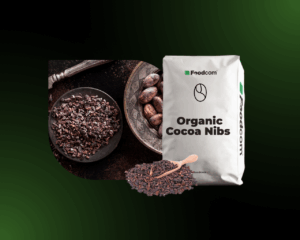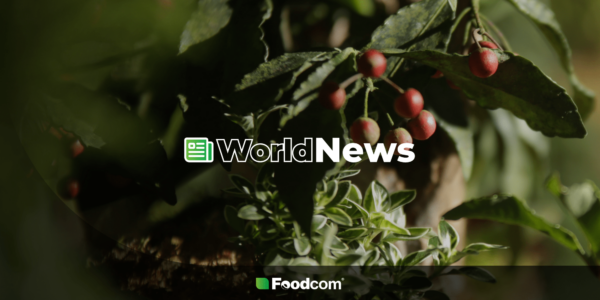- Droughts and irregular rainfall in Ghana and Côte d’Ivoire threaten to significantly reduce cocoa harvests.
- Cocoa contract prices are reaching historic highs due to concerns about supply and export restrictions.
- The coffee market is highly volatile due to conflicting weather forecasts in Brazil.
- Global coffee consumption remains high, increasing the market’s sensitivity to any threat to harvests.
Cocoa price rise driven by weather risk in West Africa
Cocoa prices remain high, with adverse weather conditions in West Africa the main driver of the increase. Droughts and erratic rainfall in Côte d’Ivoire and Ghana, together accounting for around 60% of global production, have raised serious concerns about the availability of the raw material in the coming season. Analysts indicate that this year’s harvest could be one of the weakest in recent years, putting pressure on global processors and the chocolate industry.
In addition, the market is reacting to export restrictions and rising transport costs, compounding the scarcity effect. As a result, cocoa futures prices have reached some of the highest levels on record in recent days and investors are becoming increasingly cautious about the supply outlook. Experts stress that unless weather conditions in the region improve, the cocoa market situation will remain tight throughout the coming year.
Coffee market reacts to weather forecasts and supply volatility from Brazil
There is a clear price swing in the coffee market, the main reason for which is conflicting information regarding weather forecasts in Brazil. Announcements of heavy rainfall in key growing regions have put downward pressure on arabica quotations, prompting some funds to liquidate long positions. At the same time, earlier fears of a weaker crop due to drought have kept the market in a state of high uncertainty.
Speculators and institutional investors are intensifying contract trading, reacting to every change in the meteorological forecasts. This leads to high volatility in both arabica and robusta quotations. Analysts point out that global coffee consumption remains high, and any signs of problems with the Brazilian harvest could send prices upwards again. As a result, the coffee market is balancing the prospect of improving supply with the risk of further volatility due to uncertain weather.








